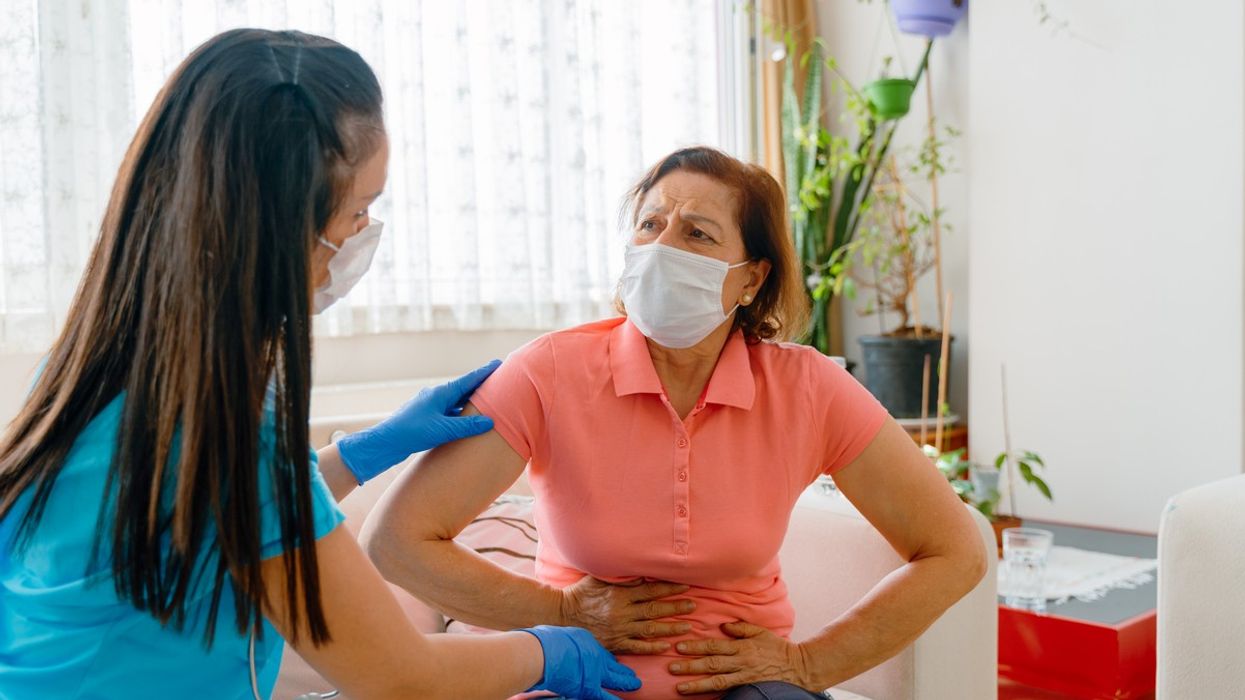NHSE aims to eliminate cervical cancer by 2040 by improving accessibility to HPV vaccination and increasing cervical screening uptake
Cervical screening is one of the best ways to protect women from cervical cancer, which claims nearly two lives daily in England, according to NHS England.
Therefore, all women and those with a cervix between the ages of 25 and 64 are encouraged to attend cervical screening when invited.
Sadly, 3 in 10 of those eligible for cervical screening do not take up the potentially life-saving offer, as revealed by the NHS Cervical Screening Programme, England 2022-2023 annual report.
Pharmacist Thorrun Govind, also a Healthcare Lawyer (Brabners LLP), underscores the significant role pharmacists and pharmacy teams can play in promoting cervical cancer screening.
The former Chair of the Royal Pharmaceutical Society (RPS) in England told Pharmacy Business: “Pharmacists and pharmacy teams are a trusted part of the local community. They therefore have a key part in promoting cervical cancer screening.”
“Given that 3 in 10 of those eligible for cervical screening do not take up the potentially lifesaving offer, there is an opportunity to engage those who might be missing out whilst they access other services within the pharmacy,” she said.
Noting that human papillomaviruses account for more than 99 per cent of all cervical cancer cases, Thorrun emphasised the importance of HPV vaccination to preventing these types of cancer.
She further noted that since the start of the HPV vaccination programme in 2008 more than 8.5 million doses of HPV vaccine have been given in the UK, with close to 90 per cent of eligible teenagers vaccinated.
It is estimated that around 3,200 women in the UK are diagnosed with cervical cancer each year, with the disease commonly occurring in younger women under the age of 45.
Last year, the NHSE announced its ambitious goal to eliminate cervical cancer by 2040 by making the lifesaving Human Papillomavirus (HPV) vaccination easily accessible to people and increasing cervical screening uptake.
When asked about how pharmacists can actively contribute to the NHS initiative to eradicate cervical cancer, she responded: “Pharmacy teams are ideally placed to discuss vaccination and screening.”
Announcing the new goal, Amanda Pritchard, chief executive of Officer of NHS England, urged the public to play their part by coming forward for their vaccines and screening appointments when invited.
In addition to expanding the outreach of cervical screening, the NHS had announced its plan to assess self-sampling to see if the service can be introduced as part of national screening.
Watch out for signs and symptoms of cervical cancer
Usually, cervical cancer doesn’t exhibit symptoms during its early stages, Hence, Screening plays a crucial role in its early identification.
When symptoms do appear, vaginal bleeding is often one of the initial signs to be noticed. It is especially concerning when this bleeding occurs following sexual intercourse, between menstrual cycles, or after menopause.
Other symptoms may include pain during sexual intercourse, an unpleasant vaginal discharge, pain in the pelvic area and recurrent urinary tract infections.
If the cancer has spread beyond the cervix and affected nearby lymph nodes or tissue, one may experience other symptoms such as constipation, urinary and bowel incontinence, haematuria (blood in urine), and swelling of one or both legs.
Pharmacists and their teams can identify patients with these symptoms and refer them to their GP for further investigation.













